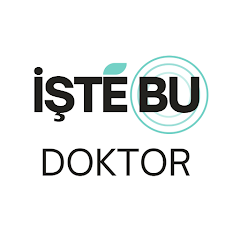Rationale, design and methodology of the RAMSES Study: ReAl-life Multicenter Survey Evaluating Stroke Prevention Strategies
Özcan Başaran 1, Volkan Doğan 2, Kadriye Memic Sancar 2, İbrahim Altun 2, Kadir Uğur Mert 2, Gurbet Özge Mert 2, Nesrin Filiz Başaran 3, Edip Güvenç Çekiç 3, Cevat Kırma 4, Murat Biteker 2; RAMSES investigators
Collaborators, Affiliations expand
- PMID: 27138310
- DOI: 10.5543/tkda.2015.29266
Free article
Abstract
Objective: Atrial fibrillation is the most common arrhythmia and is associated with a five- fold increased risk of thromboembolic events. Vitamin K antagonists (VKAs) have been the mainstay of oral anticoagulant prophylaxis and the data on stroke prevention strategies are limited to VKA era. The purpose of this study is to evaluate the use of VKA, non-Vitamin K antagonist oral anticoagulants (NOAC), and antiplatelet agents in patients with non-valvular atrial fibrillation (NVAF).
Methods: The ReAl-life Multicenter Survey Evaluating Stroke prevention strategies in Turkey (RAMSES) is an observational, multicenter, prospective study of patients with NVAF. The study targeted enrollment of 7835 patients from 68 sites in Turkey. All the data will be collected at one point in time and current clinical practice will be evaluated. (ClinicalTrials.gov number NCT02344901).
Results: Baseline characteristics of patients, antithrombotic therapies, transition to NOACs and rate/rhythm control strategies will be evaluated.
Conclusion: The RAMSES registry will be the largest study in Turkish NVAF patients. The study will provide insights into real-world problems and anticoagulant treatment in patients with NVAF.

